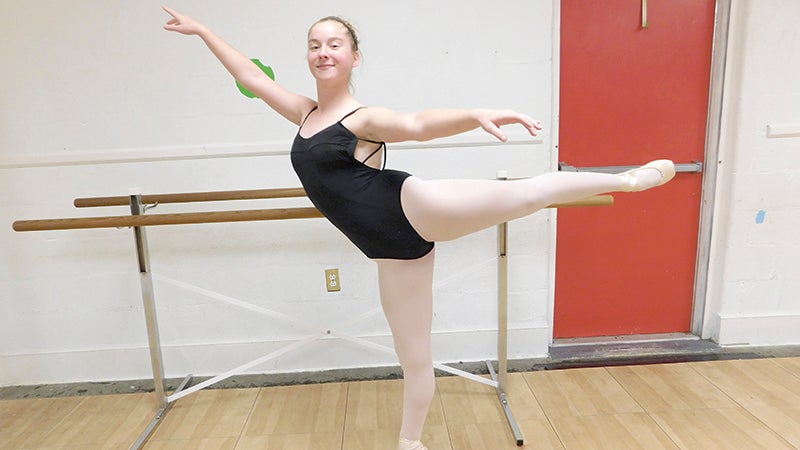Waiting for history
Published 10:17 pm Tuesday, January 14, 2014
Following a long and cherished tradition that as well defines the American Way as it does the Virginia Way, Saturday was a heady day in the commonwealth of Virginia. Even as portions of the state ducked and covered under an onslaught of rain and wind, a celebration took place in Richmond, marking the inauguration of a new governor.
It was an event full of tradition and deference, a time during which civility and respect would overcome political and social divisions, when — even if only for the benefit of the cameras — it would seem that everybody could stand side by side with one another. Sunday might prove to be another story, and Monday surely marked a return to partisanship, but any political rancor in Richmond was nowhere to be found on Saturday.
The transition of power in Virginia from one governor to another — and especially when those two governors are from different political parties — always represents a moment when Virginians can hold their heads high.
Despite the fact that the commonwealth’s governors are constitutionally disallowed from succeeding themselves, Virginia’s register of the 72 men who have briefly filled that role is also a list of some of the nation’s greatest statesmen. Beginning with the first two governors to take office after the Constitution of 1776, Patrick Henry and Thomas Jefferson, the list includes James Monroe, John Tyler, Harry F. Byrd and Suffolk’s own Mills E. Godwin Jr., as well as the nation’s first black governor, Douglas Wilder.
To be sure, the commonwealth’s chief executive office also has been occupied by the occasional scoundrel and by more than a few men whose names are as unremembered as their deeds.
Gov. Terry McAuliffe, who took the oath of office during that steeped-in-tradition ceremony on Saturday, now has four years in which to make his mark. Only history will tell in which of those columns his mark will appear.





